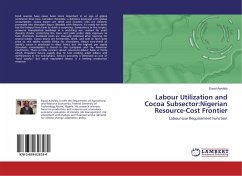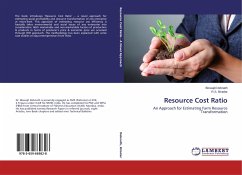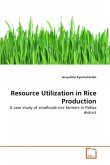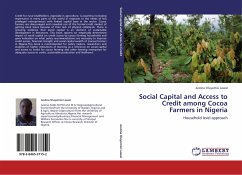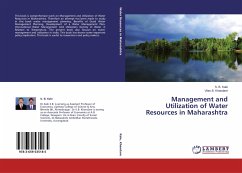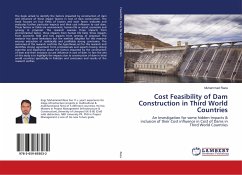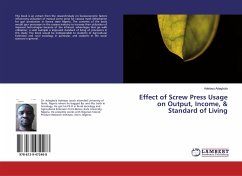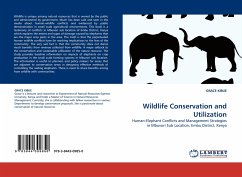Food sources have never been more important in an age of global commerce than now. Consider chocolate, a delicious beverage with global consumption. Cocoa beans are dried and roasted; nibs are cleaned, processed into chocolate liquor. Blended with flavours, it's ready for drink but the history from farm to drink is surprising. Somewhere in the tropics, someone transplanted seedlings in a scotching sun, waited for years clearing shrubs, protecting the trees and pods under daily exposure to toxic chemicals. Scattered pods are manually collected after ripening for several weeks. Cocoa beans are fermented, dried, and sold at farm gate price to rich tables outside Africa for chocolates. About two-thirds of world's cocoa is produced in West Africa but the highest per capita chocolate consumption is found in the European and the American Continents. There is little concern about returns-to-labour back in farms which threatens future supply due to fast eroding adult labour and inefficiencies in the Sub-Sahara. African economy is etherized as one of "land surplus" but adult equivalent labour is a limiting production resource.

